Kwasi Kwarteng: the leading light of the Tory right
Kwasi Kwarteng, who studied 17th-century currency policy for his doctoral thesis, has always had a keen interest in economic crises. Now he is in one of his own making
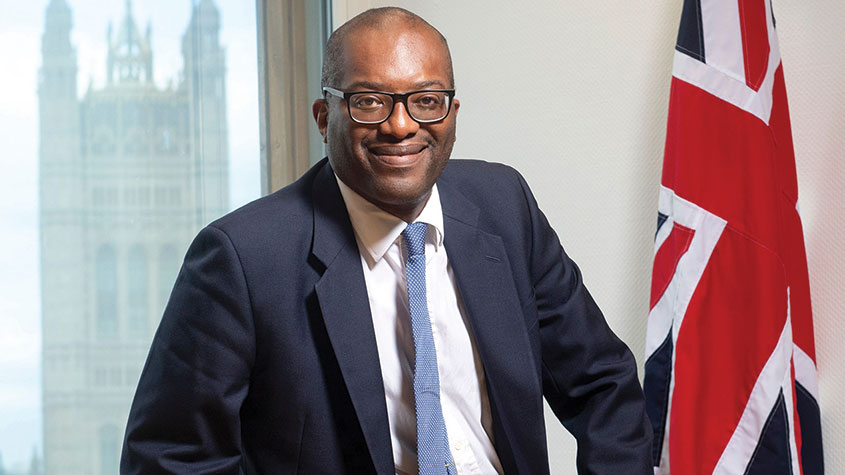
Get the latest financial news, insights and expert analysis from our award-winning MoneyWeek team, to help you understand what really matters when it comes to your finances.
You are now subscribed
Your newsletter sign-up was successful
Want to add more newsletters?

Twice daily
MoneyWeek
Get the latest financial news, insights and expert analysis from our award-winning MoneyWeek team, to help you understand what really matters when it comes to your finances.

Four times a week
Look After My Bills
Sign up to our free money-saving newsletter, filled with the latest news and expert advice to help you find the best tips and deals for managing your bills. Start saving today!
When Kwasi Kwarteng was at the Department for Business, he had the letters MSH put up on the wall. They stood for Make Shit Happen. The question now, as the “shitcoin” (as Redditers dub it) stabilises and an uneasy calm returns to bond markets, is what Kwarteng will make of his second chance. Assuming he gets one.
Some predict he may yet become “the sacrificial lamb” of a grand project gone wrong. “We get it and we have listened,” said the chancellor as he U-turned on the 45p. Behind the breezy façade, he must have been squirming. It’s hard to hear yourself described as the author of the most “kami-Kwasi” budget in Britain’s history.
Admirers have always rated Kwarteng’s “iconoclastic” tendency. But his stellar intellectual pedigree and impatience (he has “the concentration span of a gnat”, according to one former Cabinet minister) often comes across as arrogance, says The Observer. In one round-table discussion with Bill Gates, Kwarteng raised eyebrows by “lecturing” the Microsoft founder on his expert subject.
MoneyWeek
Subscribe to MoneyWeek today and get your first six magazine issues absolutely FREE

Sign up to Money Morning
Don't miss the latest investment and personal finances news, market analysis, plus money-saving tips with our free twice-daily newsletter
Don't miss the latest investment and personal finances news, market analysis, plus money-saving tips with our free twice-daily newsletter
It was ever thus, says The Times. As a sixth-former applying to Cambridge – where he later gained renown for swearing on University Challenge – Kwarteng famously reassured a rookie interviewer: “Don’t worry, sir, you did fine.” Arguably, it was a fairly typical response from an Etonian.
Indeed, Kwarteng has often drawn comparison with Boris Johnson because of “his alma mater, love of classics and untidy demeanour”. When working as a parliamentary private secretary for Tina Stowell, the former leader of the House of Lords, (“he’s very affable, quite easy to tease”) she often had to “straighten his tie”.
Kwasi Kwarteng: a stellar and impatient intellect
Kwarteng was born in Waltham Forest, north-east London, in 1975. His parents – an economist and barrister – emigrated from Ghana as students in the 1960s. Their only child inherited their academic talent. Educated at Colet Court (now St Paul’s Junior School), he won a scholarship to Eton, where he was considered “a tough nut” because he “played an almost suicidal position” in the Wall Game “that involved spending much of the match having his head scraped against the brickwork”.
Later, at Trinity College Cambridge, where he switched from classics to history and emerged with a double first, Kwarteng cultivated a “young fogey” image, says a former don. He joined a dining club, the Michael Oakeshott Association, often attended by Tory grandees and society figures and, out of that, got a column on The Daily Telegraph.
It was the start of a “varied” early career, says the Financial Times. Kwarteng worked as a financial analyst in the City for JPMorgan and Odey Asset Management, but found time to write history books – including Ghosts of Empire, a critical study of the British Empire – and chair the Bow Group think tank. He entered parliament in 2010.
By 2012, he had already been singled out by The Guardian as a leading light in “the new Tory right”: a group of young MPs, including Liz Truss and Dominic Raab, who formed the Free Enterprise Group. In their book Britannia Unchained, they tried to “seize the political agenda” with some of the most radical ideas “the party has seen in decades”. It was the start of a close friendship with Truss. They have been described as “Batman and Robin”, on a “holy” mission to shift the economic dial.
One of the chancellor’s chief calling cards as a rising politician was his deep interest in markets, said the FT. Having written a doctoral thesis on “17th-century currency policy” at Cambridge, he had a habit of peppering conversations with historical references to past economic crises. “Now he is in the middle of one of his own making.” In Ghosts of Empire, Kwarteng noted that “much of the instability in the world is a product of… haphazard policymaking”. What a hostage to fortune that has proved.
Get the latest financial news, insights and expert analysis from our award-winning MoneyWeek team, to help you understand what really matters when it comes to your finances.
Jane writes profiles for MoneyWeek and is city editor of The Week. A former British Society of Magazine Editors (BSME) editor of the year, she cut her teeth in journalism editing The Daily Telegraph’s Letters page and writing gossip for the London Evening Standard – while contributing to a kaleidoscopic range of business magazines including Personnel Today, Edge, Microscope, Computing, PC Business World, and Business & Finance.
-
 Can mining stocks deliver golden gains?
Can mining stocks deliver golden gains?With gold and silver prices having outperformed the stock markets last year, mining stocks can be an effective, if volatile, means of gaining exposure
-
 8 ways the ‘sandwich generation’ can protect wealth
8 ways the ‘sandwich generation’ can protect wealthPeople squeezed between caring for ageing parents and adult children or younger grandchildren – known as the ‘sandwich generation’ – are at risk of neglecting their own financial planning. Here’s how to protect yourself and your loved ones’ wealth.
-
 VICE bankruptcy: how did it happen?
VICE bankruptcy: how did it happen?Was the VICE bankruptcy inevitable? We look into how the once multibillion-dollar came crashing down.
-
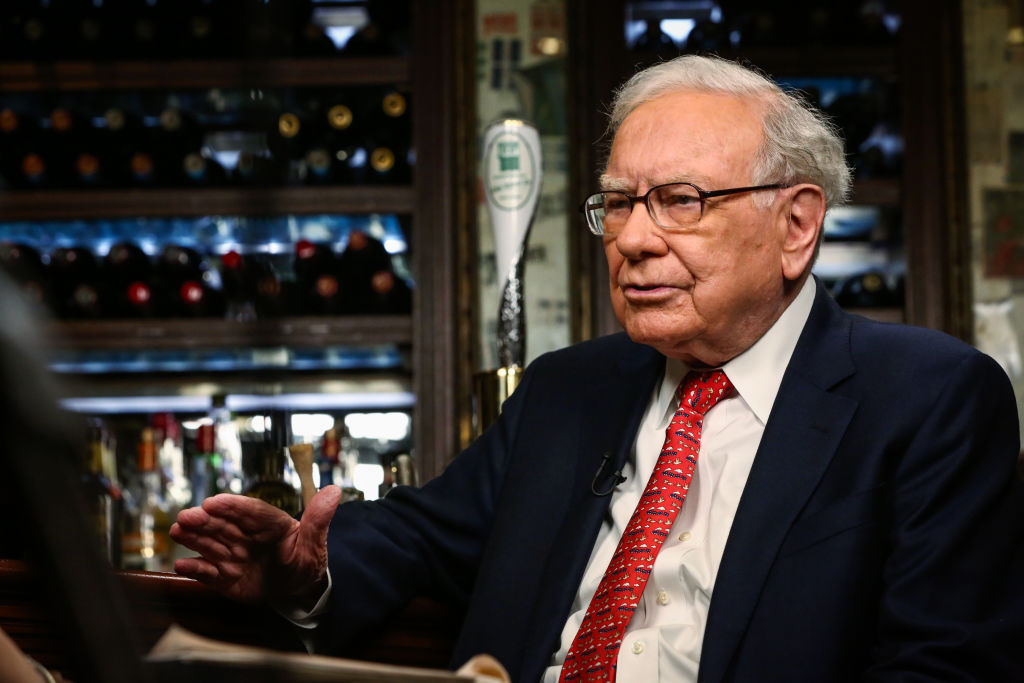 What is Warren Buffett’s net worth?
What is Warren Buffett’s net worth?Warren Buffett, sometimes referred to as the “Oracle of Omaha”, is considered one of the most successful investors of all time. How did he make his billions?
-
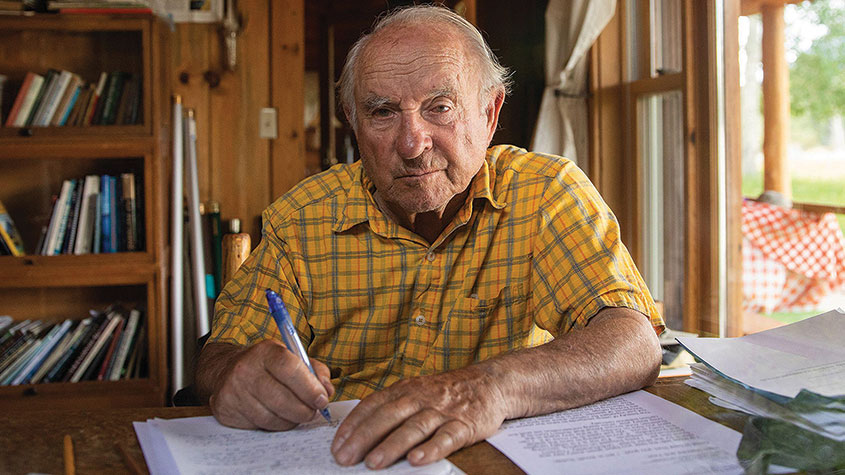 Yvon Chouinard: The billionaire “dirtbag” who's giving it all away
Yvon Chouinard: The billionaire “dirtbag” who's giving it all awayProfiles Outdoor-equipment retailer Yvon Chouinard is the latest in a line of rich benefactors to shun personal aggrandisement in favour of worthy causes.
-
 Johann Rupert: the Warren Buffett of luxury goods
Johann Rupert: the Warren Buffett of luxury goodsProfiles Johann Rupert, the presiding boss of Swiss luxury group Richemont, has seen off a challenge to his authority by a hedge fund. But his trials are not over yet.
-
 Profile: the fall of Alvin Chau, Macau’s junket king
Profile: the fall of Alvin Chau, Macau’s junket kingProfiles Alvin Chau made a fortune catering for Chinese gamblers as the authorities turned a blind eye. Now he’s on trial for illegal cross-border gambling, fraud and money laundering.
-
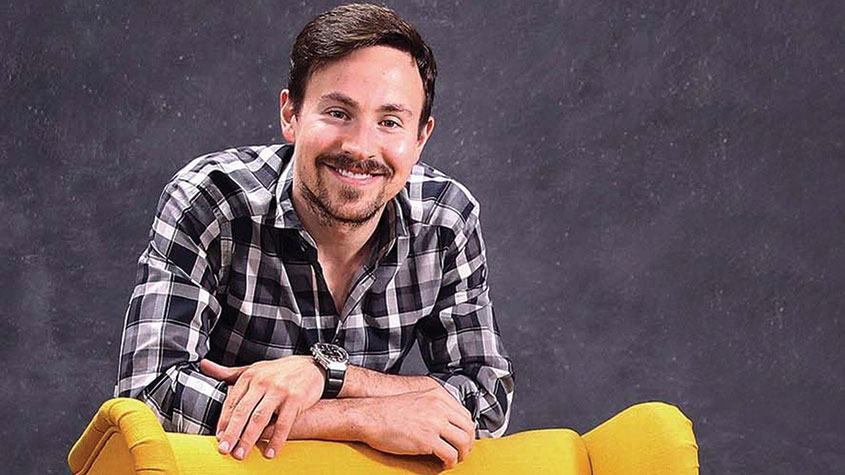 Ryan Cohen: the “meme king” who sparked a frenzy
Ryan Cohen: the “meme king” who sparked a frenzyProfiles Ryan Cohen was credited with saving a clapped-out videogames retailer with little more than a knack for whipping up a social-media storm. But his latest intervention has backfired.
-
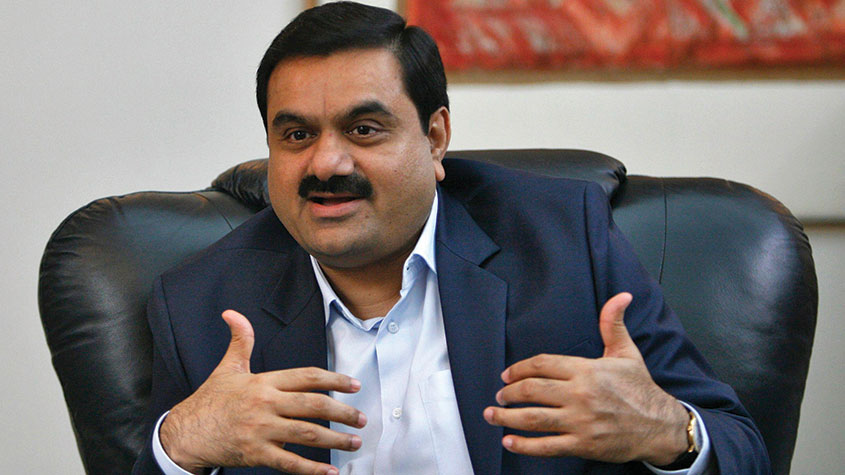 The rise of Gautam Adani, Asia’s richest man
The rise of Gautam Adani, Asia’s richest manProfiles India’s Gautam Adani started working life as an exporter and hit the big time when he moved into infrastructure. Political connections have been useful – but are a double-edged sword.
-
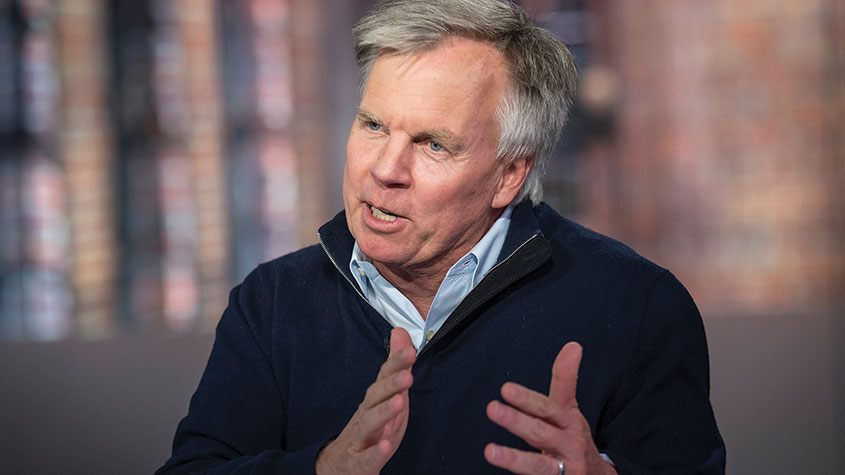 Ron Johnson: the retail king’s quest for redemption
Ron Johnson: the retail king’s quest for redemptionProfiles Ron Johnson’s spell at JCPenney, following his triumph at Apple, was a disaster. Now, his latest attempt to rescue his reputation has just crashed into bankruptcy.